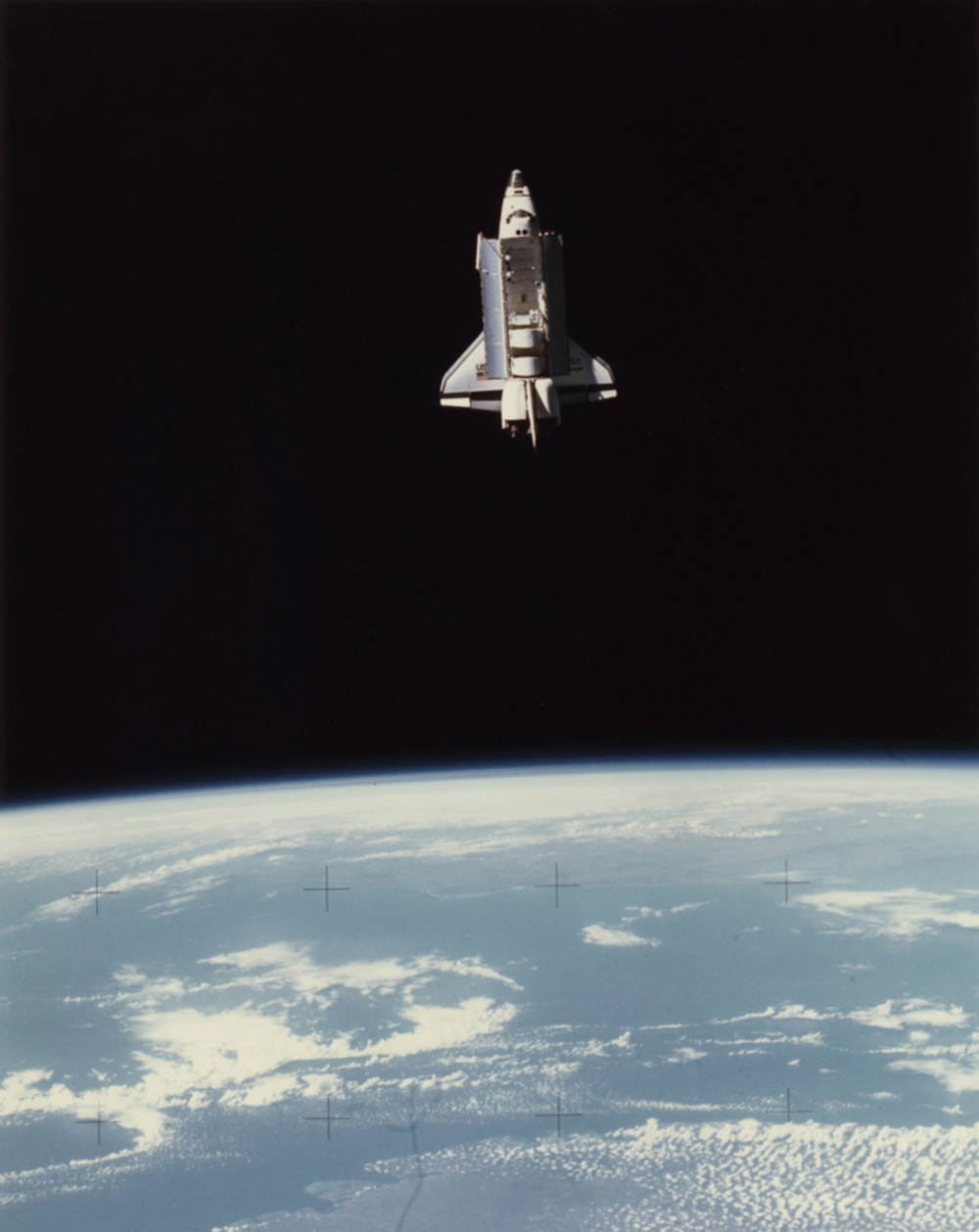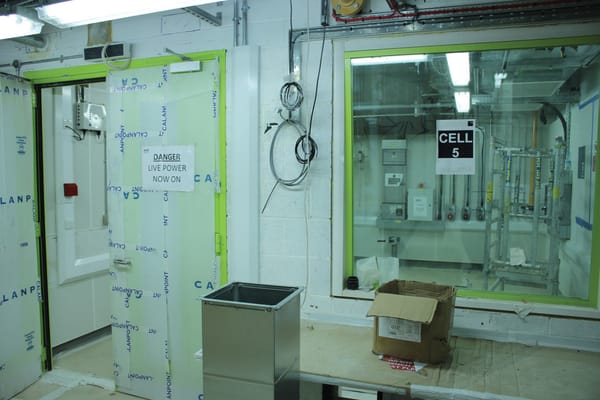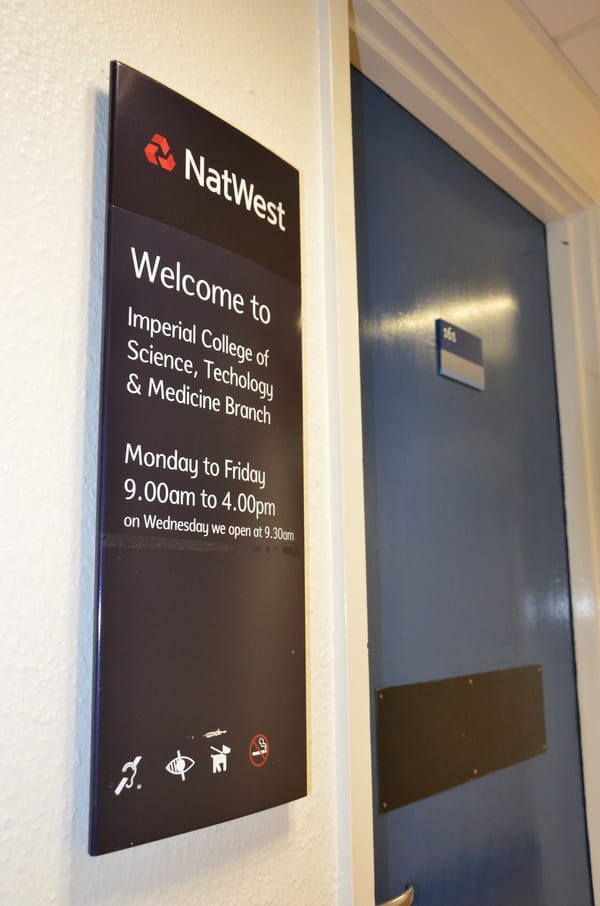The Space Shuttle retires
Waving goodbye to the Space Shuttle and saying hello to the private sector

After being delayed for over two weeks, on the 16th May the Space Shuttle Endeavour is set to blast off into space for the final time. Following this mission, NASA plans to send only one more shuttle into orbit. It will then retire its ageing shuttle fleet after a total of 135 spaceflights.
For many, this decision is long overdue. Running a space agency is a very expensive business and hardly sits well with the libertarian zeitgeist which currently pervades the US. According to the Obama administration, we can all look forward to a future where competition between private companies drives the exploration of space relentlessly onward. However, for others this vision isn’t so rosy. Some fear that the private companies simply aren’t yet ready to fill the huge void left behind by NASA’s shuttle programme, while others are ideologically opposed and see the shuttle fleet’s retirement as an abandonment of our enlightenment principles.
The Space Shuttle Endeavour’s final flight will see the shuttle crew complete four space walks and deliver a micrometeoroid debris shield to the International Space Station. The Endeavour mission will also deliver a new particle physics module, the brainchild of Nobel laureate Samuel Ting, which is set to measure cosmic rays and search for evidence of both dark matter and antimatter. The International Space Station is planned to remain in orbit until at least 2020, with astronauts being ferried to and from the station exclusively by Russian Soyuz spacecraft.
The decision to retire the shuttle fleet was made back in 2004, in the wake of the Columbia Shuttle disaster. At the time this decision was made, it was accompanied by an announcement from President George W. Bush, outlining plans to send astronauts back to the Moon potentially as early as 2015. However, these plans have since fallen by the wayside.
Under Bush, NASA’s Constellation programme had started development of a series of rockets, with the potential to take astronauts much further into space than the shuttles are currently capable of doing. This development culminated in the successful test flight of the Ares-I prototype in late 2009. However, only three months later, President Barack Obama decided to cancel the Constellation programme entirely.
While Obama’s recent budget request for 2012 does include a small amount of funding for developing vehicles for long-distance manned spaceflight, its real focus is on developing the commercial space sector. The belief in the US seems to be that ferrying astronauts to the International Space Station, as well as other low-orbit activities, should be left to private companies, thus leaving NASA to concentrate its resources on research in other areas.
Obama has recently said that the U.S. hopes to send astronauts to Mars by the fourth decade of this century. So, perhaps NASA’s decision to farm out some of its activities to private companies wouldn’t actually be such bad news , if tangible progress were in fact being made towards achieving this goal. However, since the scrapping of the Constellation programme, the global financial crisis has really taken hold and there are currently huge question marks surrounding the future of manned space exploration, despite the Washington rhetoric.
Also, as far as low-orbit manned missions are concerned, not everyone is convinced that private companies are ready to fill the gap left by the shuttle fleet’s retirement. There is concern that it is a few years too early to be handing over responsibility to private companies while other more outspoken critics, including a number of former NASA astronauts, fundamentally disagree with the idea of handing over responsibility to private companies at all.
Earlier this month, NASA celebrated the 50th anniversary of its launching of the first American into space. On 5th May, 1961, Alan Shepard became the second man in space, just less than a month after Yuri Gagarin’s inaugural spaceflight. Upon Shepard’s return to Earth, he was asked by a journalist what had been going through his mind as he sat atop the Redstone-Mercury rocket which was to propel him into space. Shepard reportedly replied: “I was thinking about the fact that every part of this ship was built by the low bidder”.
In many ways, Shepard’s laconic response sums up the fundamental problems with relying on private companies for low-orbit manned space missions. Making a market out of low-orbit spaceflight may result in reduced costs, but this should not be sole the factor taken into consideration. There is also the astronauts’ safety, as well as the safety of the highly expensive payloads, which must come into play. Of course, one could argue that paying private companies to take astronauts into space is simply the natural, logical extension of these companies’ work sending various satellites into orbit. However, if NASA’s shuttle programme is ultimately being scrapped on account of concerns surrounding its safety, it is only fair to apply these same stringent standards when assessing the shuttle’s likely successors.
In March, a Taurus XL rocket, built by the Orbital Sciences Corporation, plummeted to Earth after its final stage failed to separate properly. And it wasn’t the first time the Taurus XL rockets have failed to launch successfully. Back in 2009, the same problem occurred during separation of the rocket’s final stage, resulting in the loss of the new orbiting carbon observatory, which for the first time would have shown scientists the geographical distribution of carbon dioxide sources and sinks on a regional scale. In total, Taurus rockets have been launched nine times since their debut in 1994. Only six of these nine missions have successfully made it into orbit. So, with private companies having success rates as low as these, the amount of money lost due to payload destruction also quickly becomes a factor.
However, as well as issues of safety and finance, there are also political motives to consider. The decision to transfer a large portion of NASA’s space operation into the hands of private companies seems to be part of a wider vogue for decreasing federal expenditure. Of course, there is the necessity to reduce the US budget deficit, but, in accusations similar to those being made on this side of the Atlantic, there are those who would argue that the Republican-controlled House of Representatives is keen to make cuts for ideological reasons.
Stalwart economic liberals argue that it is only through competition that one can hope to drive the innovation required for developing the future of spaceflight. They often point to the space race, which ultimately ended with US triumph in 1969, as proof of the necessity of competition. In many ways, Americans see this triumph as a victory for US capitalism over Soviet communism; as proof that the big state cannot drive innovation in the way that private enterprise can. However, what advocates of this argument seem quick to forget is that, at the height of the Apollo programme, the US was spending a staggering 4.5% of its total federal budget on the space programme. With federal funding levels as high as this, one can hardly claim US success in the space race as proof of the superior driving power of liberal free markets.
Of course, it is understandable that NASA no longer receives federal funding as high as 4.5%, particularly in light of the global financial crisis. Today, NASA receives around 0.5% of the federal budget, and from this they carry out a whole host of research activities in addition to spaceflight. Yet, this 0.5% still amounts to $18.7bn per year. So, with spaceflight as expensive as this, perhaps it’s time to abandon the idea of international competition as a driver for future exploration of space, whether that’s competition between competing companies or between competing nations.
It is no-longer fair for nations like ours to expect the US to bear the brunt of the burden in pushing the boundaries of space exploration forward. Perhaps we should see the shuttle fleet’s retirement this year as an opportunity to increase international collaboration for the future of spaceflight. The US and Russian Space agencies are already working together on a range of projects, and the European Space Agency is increasingly becoming a key player. But perhaps the future of manned spaceflight, particularly in terms of going back to the Moon and on to Mars, will rely on collaborations between the superpowers of old and the new rising big players in the space industry, such as China, India and even Brazil. Instead of the shuttle fleet’s retirement spelling the end of an era, perhaps it can be used to signal the start of a new beginning, when national interests are cast aside in favour of greater humanitarian goals.
Of course, there are those who would argue that the entire concept of manned spaceflight is a waste of time and money, particularly when there are large numbers of people living without basic resources here on Earth. Yet, in light of the mounting list of threats which endanger us all, regardless of nationality or political persuasion, there has perhaps never been a time when it has been more pressing for us to push forward with the exploration of our solar system. On this subject, Stephen Hawking has had this to say: “Life on Earth is at the ever-increasing risk of being wiped out by a disaster such as sudden global warming, nuclear war, a genetically engineered virus or other dangers [...] I think the human race has no future if it doesn’t go into space.”
In many ways, despite the Challenger and Columbia tragedies, the shuttle programme can be seen as a victim of its own success. For the US, the shuttle was a way of showing that it had well and truly won the space race. It was supposed to show that spaceflight had become easy, that it was a routine part of everyday American life. This idea was even reflected in the name:‘the shuttle’, as well as the frequency with which launches took place. However, as spaceflight has become routine, it has also lost its glamour. So, perhaps the future of manned spaceflight is not only dependent on getting the technology right, but also the PR. Perhaps space exploration once more needs the great idealistic goals which drove it in the sixties, if we are to expand humanity’s horizons in space. Personally, I could think of no greater motivation for this than the prospect of all nations working together to explore deeper into our solar system. If we are capable of doing this, then perhaps our horizons will have been expanded before we even take off.







